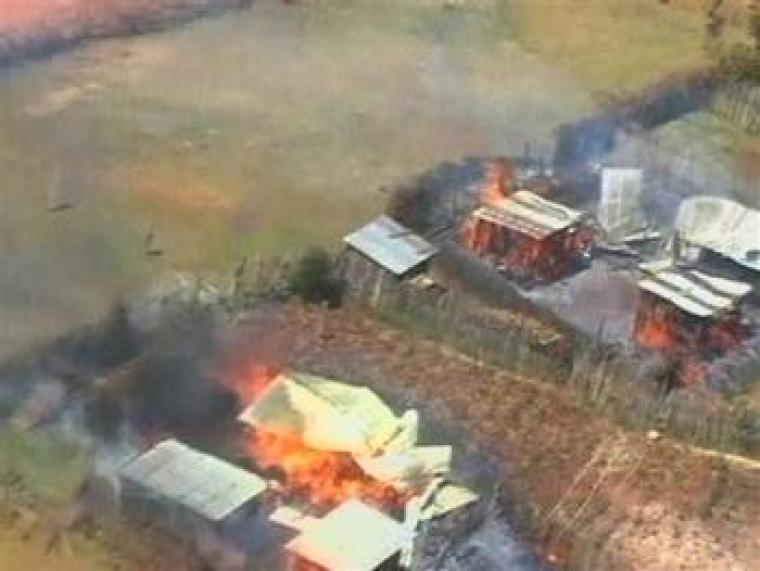
In a press conference, a police spokesman said it was the first time a church had been attacked in the country and he expressed concern about the continuing violence.
"This is the first time in history that any group has attacked a church. We never expected the savagery to go so far," Eric Kiraithe told a news conference in the capital Nairobi.
The violence erupted after the incumbent president, Mwai Kibaki, was declared winner of the presidential election, though the validity of the vote-counting process is in question. The European Union (EU) Mission Chief, Alexander Graf Lambsdorff, in a press conference expressed doubt about the authenticity of the result since the incumbent president is head of the Election Commission, which declared him to be the winner.
"We continue to have doubts regarding the presidential elections," Mr. Lambsdorff said. "We see question marks and have to have doubts about this due to the lack of transparency. I would have to say that I include the chairman when I say that we have doubts about the results announced by the ECK [Election Commission of Kenya], simply because he is part of and in fact leader of the ECK, and if we doubt the results it would not be fair to exclude any of the ones responsible."
Tension is running high after the rival presidential candidate, Raila Odinga, asked his supporters to march to downtown Nairobi on Thursday to demonstrate against the flawed election result.
On Sunday, the government announced that the Mr. Kibaki secured 51.3 percent of the vote while Mr. Odinga managed to attract 48.7 of the vote, reported the CNN news agency. Thus far, 213 people had been killed nationwide, according to the Reuters news wire.
Mr. Odinga was recently criticised by Christians for his alleged vow to impose strict Islamic Sharia law if elected president in order to court Muslim voters.